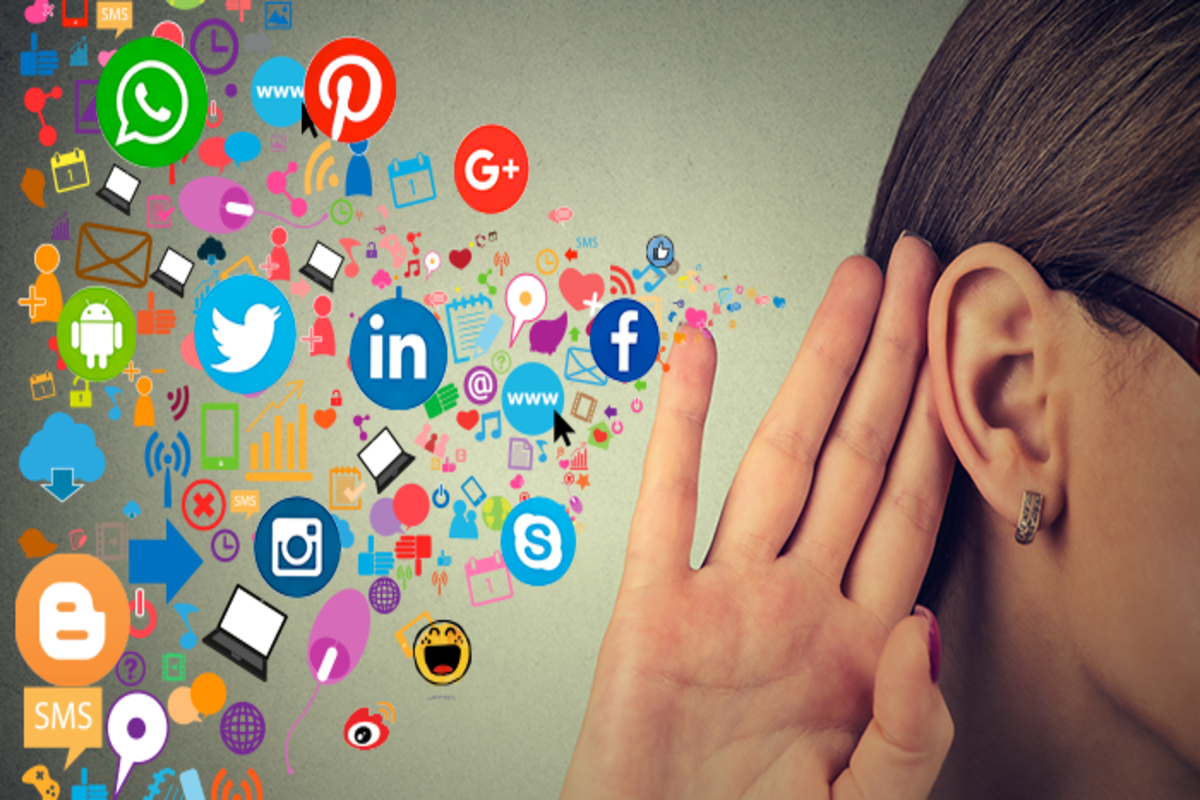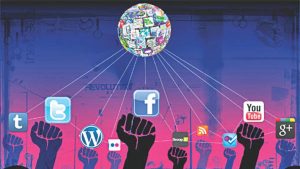- 17 July 2024
- 381
The Role of Social Media in Modern Politics

Social media has transformed the political landscape in profound ways. Platforms like Twitter, Facebook, and Instagram have become essential tools for political communication, campaign strategies, and public engagement. Here’s a closer look at the multifaceted role of social media in modern politics:
Direct Communication with the Public
Politicians and public officials use social media to communicate directly with citizens, bypassing traditional media channels. This direct line of communication allows politicians to convey their messages unfiltered, respond to public concerns in real time, and build a more personal connection with their audience.
Mobilization and Grassroots Campaigning
Social media platforms are crucial for mobilizing supporters and organizing grassroots campaigns. Movements like the Arab Spring, Black Lives Matter, and #MeToo have shown how social media can amplify voices, coordinate protests, and drive political change. These platforms provide tools for organizing events, sharing information, and rallying supporters around a cause.
Influence on Public Opinion

Social media has a significant impact on shaping public opinion. The spread of information, opinions, and discussions on these platforms influences how people perceive political issues and candidates. Algorithms that prioritize certain types of content can create echo chambers, where users are exposed primarily to views that align with their own, potentially deepening political polarization.
Campaign Strategies and Advertising
Political campaigns leverage social media for targeted advertising and strategic messaging. The ability to micro-target specific demographics with tailored messages allows campaigns to reach potential voters more effectively than traditional media. Data analytics and user engagement metrics help refine these strategies, making social media a powerful tool for political marketing.
Transparency and Accountability
Social media enhances transparency and accountability in politics. Citizens can use these platforms to scrutinize politicians, share information about their actions, and hold them accountable. Social media can also bring attention to political corruption, policy failures, and other issues that might not receive adequate coverage in mainstream media.
Disinformation and Fake News
While social media offers numerous benefits, it also poses challenges, particularly regarding disinformation and fake news. The rapid spread of false information can mislead the public, influence elections, and undermine trust in political institutions. Efforts to combat misinformation include fact-checking services, platform policies on content moderation, and digital literacy education for users.
Engagement and Participation

Social media encourages political engagement and participation among citizens, especially younger generations. Interactive features like polls, Q&A sessions, and live streams make politics more accessible and engaging. By fostering a more participatory political culture, social media can increase voter turnout and civic involvement.
Conclusion
The role of social media in modern politics is undeniably significant, shaping how political information is disseminated, how campaigns are conducted, and how citizens engage with the political process. While it offers powerful tools for communication, organization, and accountability, it also presents challenges that need to be addressed to ensure a healthy and informed democratic society.

